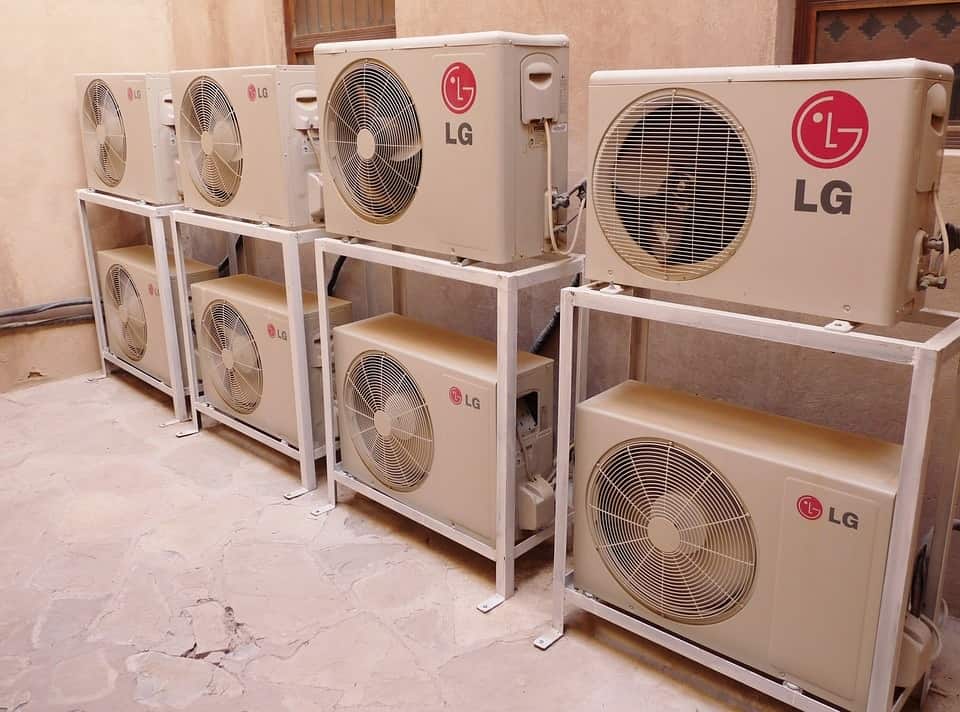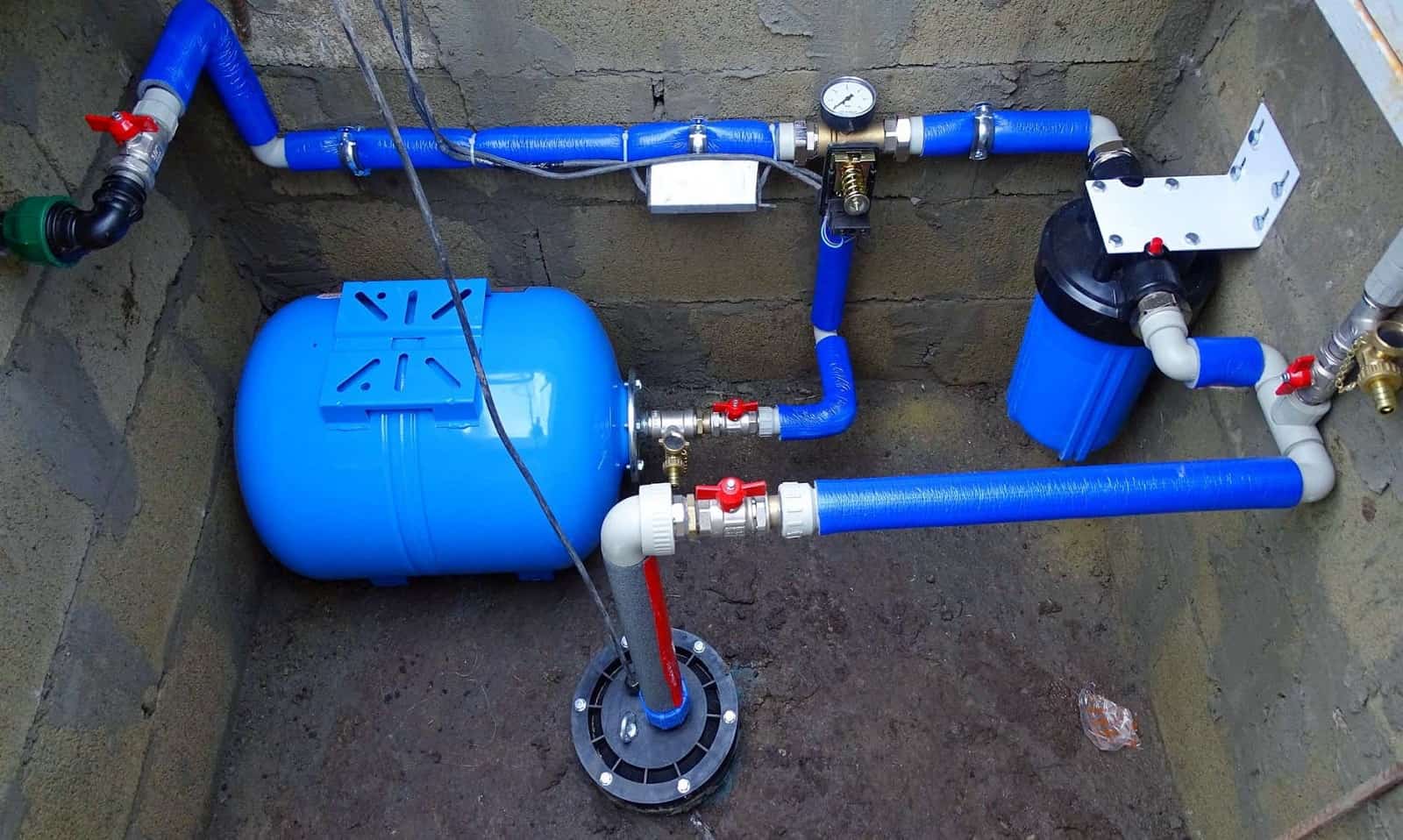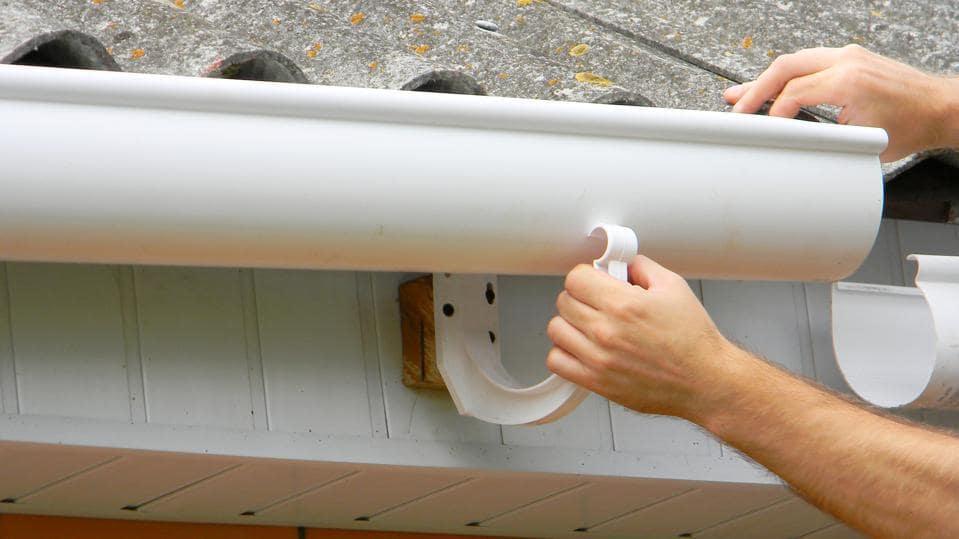People who live in places where the temperature can drop precipitously know how important the furnace is to keep their home warm during the frigid winter months. Those people should also realize how important the furnace filter is to keep the furnace operating at maximum capacity. In addition to keeping the furnace working, the furnace filter also has a profound effect on the energy bill.
Since the furnace filter is so important to the functioning of the furnace, and therefore of the home itself, the choice of which furnace filter to get is a big decision. There are many factors that come into play when deciding on a furnace filter, and one of the biggest factors is the MERV rating of the furnace filter. We’ll get into what a MERV rating is and why it is important in the rest of the article. The measurement of the filter is also important, since naturally you want to get one that fits. Fortunately, you can easily purchase 16x25x1 filters, as well as filters of other sizes online from the convenience of your home.
What Does The Furnace Filter Do?
The furnace works by drawing air in through the return ducts, warming that air over a heat exchanger, and then using a blower fan to expel the warmed air through ducts and vents located throughout the home. The furnace continues to run until the temperature in the home reaches the temperature that was set on the thermostat.
The furnace filter is a vital part of this whole process because it protects the blower fan from the dust, hair, pet dander, and other kinds of debris pulled in by the return duct. Without the furnace filter, all of that dust and debris would gunk up the blower fan and prevent it from working properly. Furthermore, that dust and debris would also get redistributed throughout the home creating an unclean and unhealthy environment for everyone inside.
A dirty furnace filter can also affect your energy bill because the furnace has to use more energy to push air through a clogged, dirty filter. Aside from raising the energy bill, a dirty filter can also cost you money because it can damage the furnace, which would necessitate some costly repairs.
What Is a MERV Rating?
MERV means minimum efficiency value rating and is a measurement of how effective a furnace filter, or air filter, is at capturing particulate matter. MERV ratings go from one to sixteen with the higher numbers being more effective. Particulate matter includes things like dust, smoke, bacteria, dust mites, and other tiny bits of debris. Some furnace filters can even capture droplet nuclei, which are airborne particles that are responsible for the spread of illnesses like measles, chickenpox, influenza, and the common cold.
The following list shows you the different MERV ratings and the kinds of particulate matter that they can capture:
- MERV 1 to 4 – Dense dust particles, carpet fibres, dust mites, pollen.
- MERV 5 to 8 – Mold spores and finer dust particles.
- MERV 9 to 12 – Legionella, very fine dust particles, smoke, vehicle emissions, welding fumes.
- MERV 13 to 16 – Cigarette smoke, bacteria, droplet nuclei.
So what MERV rating is right for your home? A rating of seven to twelve is appropriate for most homes as those filters will capture common particulates. MERV 13 and higher filters are better suited for special buildings like hospitals and laboratories. They are only appropriate for the home if any of the residents have severe allergies or are so immunocompromised that any infection could be life-threatening. Additionally, the higher rated furnace filters can increase your electricity bill because the fan has to use more energy to push air through them. So that is something else to consider.
Get The Right Filter For Your Home
Ultimately, the best MERV rating for your furnace filter is the one that keeps your furnace functioning at its peak and also keeps the air in your home clear of particulates. The kinds of particulates captured by the furnace filter vary depending on its MERV rating. So decide which ones you most want to remove from circulation and choose accordingly.








